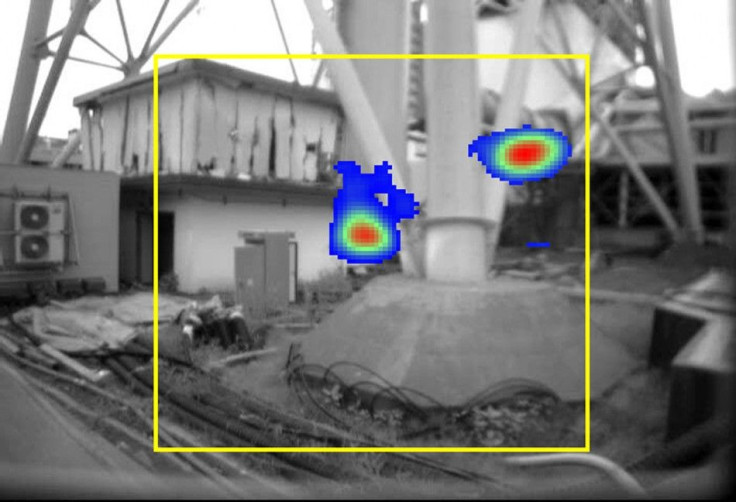Alaska Seafood Untainted with Fukushima Radiation

Concerns of radiation from Fukushima affecting Alaskan seafood have been ruled out by the U.S. Food and Drug Administration.
"The (FDA) results confirm information from federal, state and international agencies that seafood in the North Pacific and Alaska waters poses no radiation related health concerns to those who consume it," a statement released by state health and environmental officials said.
A magnitude 9 earthquake shook the ocean floors near Japan, triggering a massive tsunami that crippled the Fukushima nuclear plant near Tokyo. Since then, concerns have mounted about possible radiation impacts to Alaska, the largest and most important fishing state in the United States.
To mitigate as well as confirm such concerns, a sampling plan was developed by the Alaska Department of Environmental Conservation and the Alaska Department of Health and Social Services. The departments coordinated with the FDA to analyze Alaska fish species known to migrate from the western Pacific Ocean.
Samples of pollock, sablefish and halibut were gathered from around the state.
"The testing found no detections of the Fukushima-related radioisotopes Iodine-131, Cesium-134, or Cesium-137," the statement said. "There was some detection of background or naturally-occurring radiation. The results indicate no appreciable risk from any tested radionuclide in these fish."
FDA said they are still subject to local toxins, such as paralytic shellfish poisoning.
Although health officials detected little naturally occurring radiation, they assured the public it does not pose a health risk.
KTVA CBS 11 News, citing Dr. Bob Gerlach with the DEC, reported samples of Chinook, sockeye and pink salmon will be included in the continuous monitoring and testing of Alaskan seafood.





















